Dr. Lisa DeRosimo, an American Board of Obesity Medicine (ABOM) Diplomate, answers questions regarding the importance of an obesity medicine physician.
What unique skill set can the obesity medicine physician bring to the bariatric surgical setting?
The obesity medicine physician (OMP) can provide a medical overview and unique set of knowledge that is beneficial in the bariatric surgery setting. The OMP approaches the patient from a medical perspective, whereas a surgeon is most interested in a safe and successful surgery. The OMP can coach the patient on diet, activity, behavior changes and potential medication changes pre and post operatively. Many times the surgeon does not have the time to perform these tasks. One OMP can do the role of two or three support staff (dietician, exercise physiologist, psychologist). Further, the continuity of care with a familiar face can provide reassurance and stability to a patient, while they are undergoing dramatic changes in their body and life.
What impact can the obesity medicine physician have on patient outcomes?
The OMP can improve patient compliance through accountability. The patient is more likely to return for follow up when they are seeing the same physician. Many times patients can get lost in the shuffle if they do not have one advocate monitoring their follow up. In addition, the psychological component of obesity, weight loss, and life change is also a significant part of the surgery journey. A compassionate, knowledgeable, constant OMP can provide the patient with the encouragement that they need for success.
Have you had the experience of working with a bariatric surgeon?
I have the honor of working with a Center of Excellence bariatric surgery team. We work in collaboration for the best interest of the patient. The surgical team has already established a five-year follow up program, however some patients need the extra care of medical management for psychological issues and cravings. It is a privilege to share in the care of these patients, as bariatric surgery is a tool, not a cure for the management of obesity.
Are there any clinical findings or evidence based research supporting the value of obesity medicine physicians and bariatric surgeons working together?
The OMP is a relatively new role in the clinical setting. I am not aware of studies that support the benefit of collaboration between an OMP and surgeon. However, the new care models are moving to a team approach for patient care. Given the new standards mandated by the Affordable Care Act, the team approach will become more common. Then research will soon follow to show the efficacy. Studies have shown that accountability (NWCR, AAFP, Am Journal of Preventive Medicine) {Do you need exact reference?} is a key component of long term success. If a patient has a OMP as a coordinator, then the long-term relationship should enhance the ability to stay connected. It will be interesting to see how the field of obesity changes, as insurance begins to cover the cost of the OMP.
What is the value of working with an ABOM Diplomate specifically?
An ABOM OMP has the added value of commitment to the patient and the field of obesity. The Diplomate has spent great time and money to achieve a level of excellence and knowledge that only a few thousand physicians have achieved. The OMP Diplomate has a unique set of nutritional, activity, medication, and behavioral skills that can help any obese patient that seeks treatment.
 About Dr. DeRosimo
About Dr. DeRosimo
Lisa DeRosimo M.D., M.S. is an obesity medicine specialist who works at Baptist Health Medical Group in Miami, Florida. She has concentrated her career on the study and treatment of obesity since 1989. She obtained a degree in Psychobiology from UCLA as well as a master’s degree in Human Nutrition from Cornell University. She participated in peer reviewed research on obesity at both institutions. Dr. DeRosimo completed her education at the University of Pittsburgh School of Medicine, in order to understand obesity from the clinical perspective. She served on the American Board of Bariatric Medicine as Chair, until the board became the American Board of Obesity Medicine.

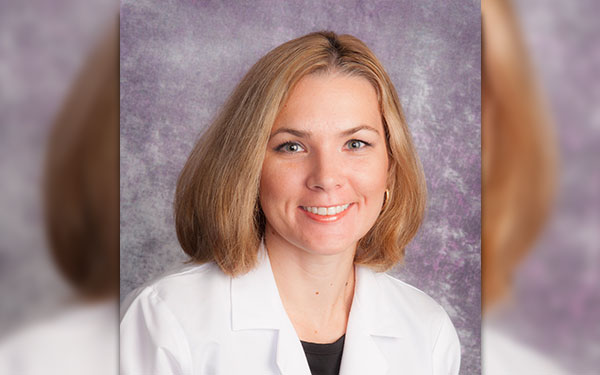
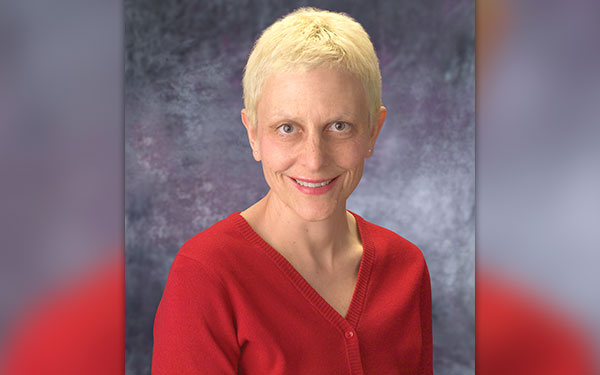
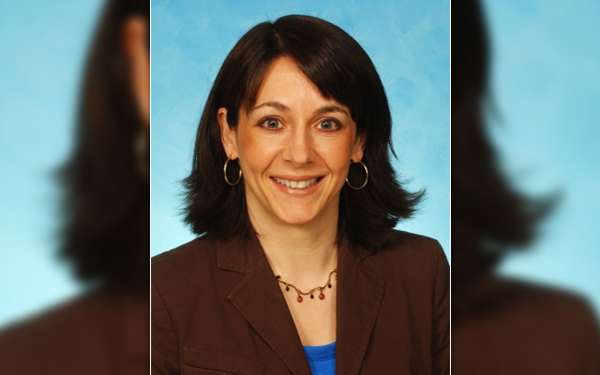
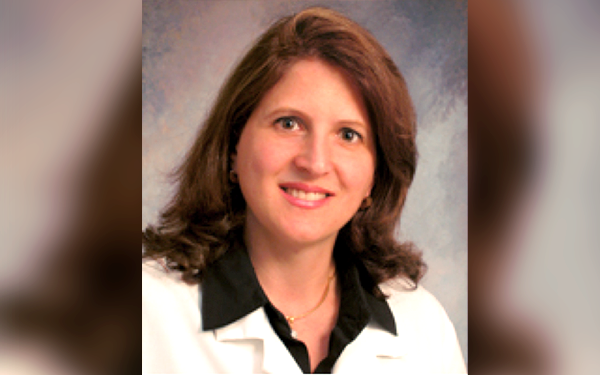
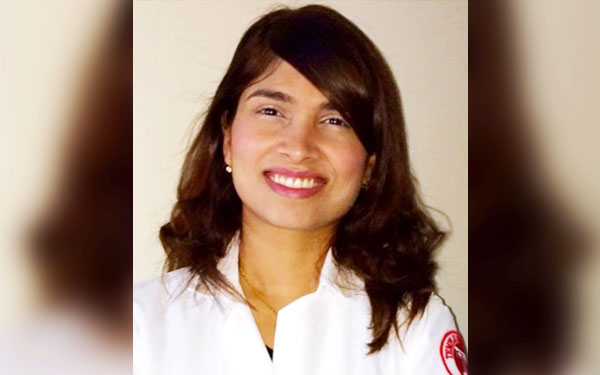
Leave A Comment
You must be logged in to post a comment.